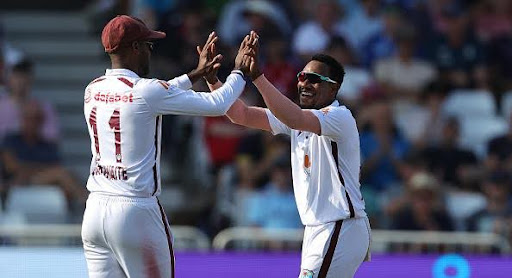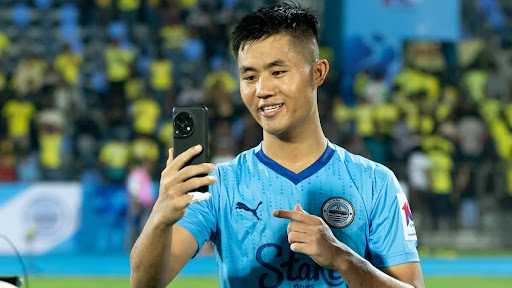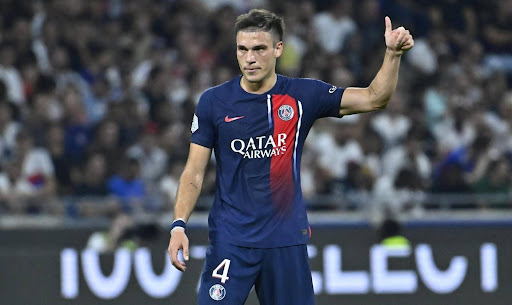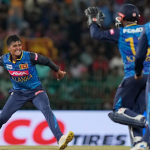Cricket
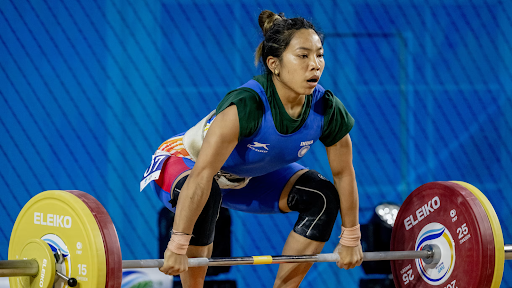
Off-field controversy coupled with dismay on track marred India’s Day 12 at the 2024 Paris Olympics
The day started in the worst way possible as India who was…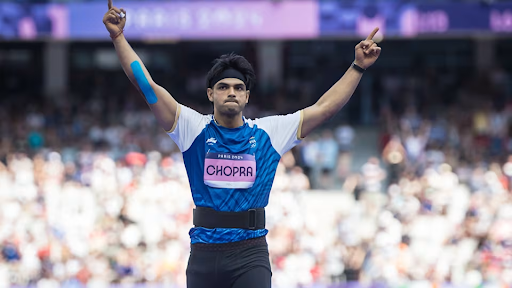
Neeraj Chopra and Vinesh Phogat up for gold medals: India at 2024 Paris Olympics Day 11 Roundup
After a series of fourth-placed finishes in the last couple of days,…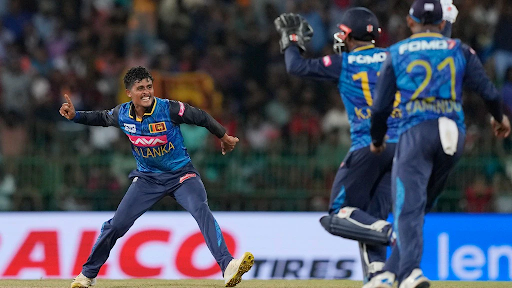
Sri Lanka vs India 3rd ODI: Preview and Prediction
In an attempt to salvage some pride and not return home with…Football
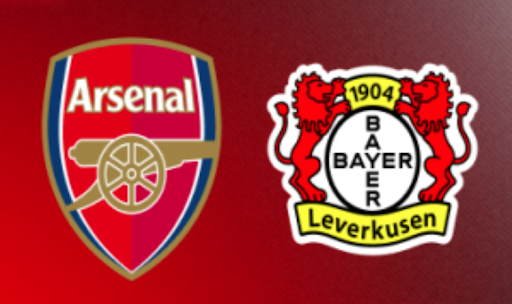
Arsenal vs Bayer 04 Leverkusen. Prediction and Preview. Probable Lineups, Team News, Stats, and more
Arsenal FC will face Bayer 04 Leverkusen in a Club Friendly match…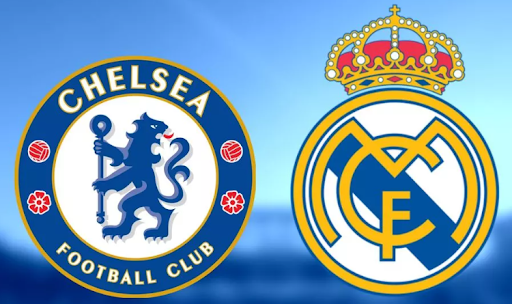
Chelsea vs Real Madrid. Prediction and Preview. Probable Lineups, Team News, Stats, and more
Chelsea FC will face Real Madrid CF in the Club Friendly match…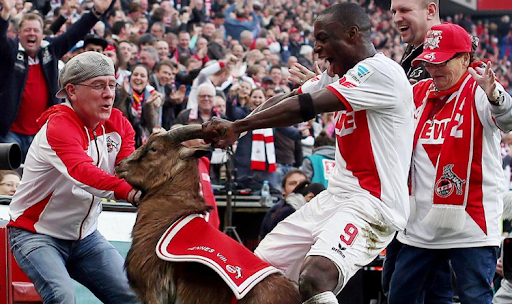
FC Köln vs Hamburger SV. Prediction and Preview. Probable Lineups, Team News, Stats, and more
FC Cologne will face Hamburger SV in the 2. Bundesliga 1st-round match…Today’s sports news

Off-field controversy coupled with dismay on track marred India’s Day 12 at the 2024 Paris Olympics
The day started in the worst way possible as India who was guaranteed a fourth medal in the morning lost their medal contender in Vinesh Phogat due to disqualification. While Mirabai Chanu came close to creating history…Arsenal vs Bayer 04 Leverkusen. Prediction and Preview. Probable Lineups, Team News, Stats, and more
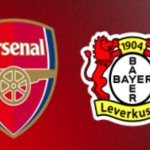
Neeraj Chopra and Vinesh Phogat up for gold medals: India at 2024 Paris Olympics Day 11 Roundup
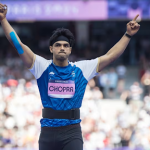
Sen fails to win bronze, Agony for Nisha Dahiya: India at 2024 Paris Olympics Day 10 Roundup


